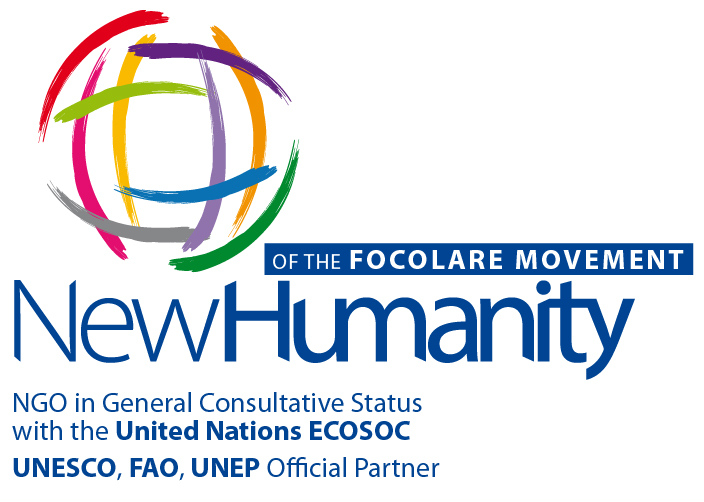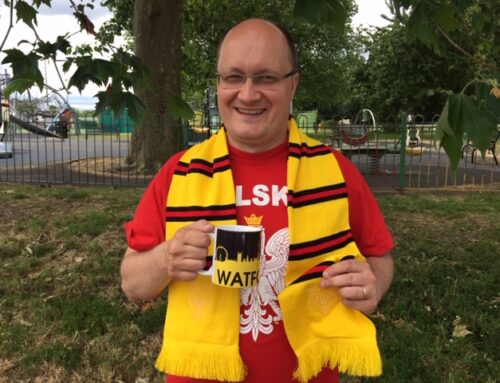How a small-town kid from Indiana came to understand social justice
I had been raised in a small town in Indiana in the 1960s where there was only one black family in the county. Immigrant farm workers appeared in our local community only in the fall to hand-pick the local tomato crop. I hadn’t really seen or experienced prejudice against others firsthand until my mother took many of the Mexican families under her wing when they attended our local Catholic church. I saw how others seemed to keep their distance, never speaking directly to them. It was as if they were invisible. Our family often had them to our house for dinner, and as our relationship grew, my mother was asked several times to be a godmother to many of their children. I would only realize later how truly radical that small act was as the 1960s unfolded.
I hadn’t really seen or experienced prejudice against others firsthand until my mother took many of the Mexican families under her wing when they attended our local Catholic church. I saw how others seemed to keep their distance, never speaking directly to them. It was as if they were invisible. Our family often had them to our house for dinner, and as our relationship grew, my mother was asked several times to be a godmother to many of their children. I would only realize later how truly radical that small act was as the 1960s unfolded.
In the mid-1980s, I decided to return to graduate school at the University of Notre Dame. The students had formed an anti-apartheid group, led by a member of the faculty who had ties to South Africa. I began attending their weekly meetings where I learned more of the plight of the black majority there and their desire for equality. It was also then that I first heard the name Nelson Mandela, and learned of his leadership in the African National Congress and the things he had done to try to address the harsh conditions that the blacks faced there.
An Anglican priest from South Africa named Father Basil van Rensburg had come to Notre Dame to study, and he soon joined our weekly gatherings. As a priest in the diocese of South African Bishop Desmond Tutu, Father Basil often shared his frequent personal communications from Bishop Tutu, which included letters from Mandela from inside his jail cell. This further inspired us to work in our own little area for the cause.
In the spring of 1986, Father Basil decided to go on a hunger strike to bring attention to the worsening situation in South Africa, and to put pressure on the university to consider divesting its financial holdings in companies doing business in South Africa. During the 30 days the hunger strike lasted, each of us students took a day to fast along with him. Mine was day 20. We also wrote letters, penned political cartoons, held daily prayer vigils and demonstrated on the campus during that time. It was a month I will never forget.
Now looking back almost 30 years later, what stays with me is the fact that I became convinced that the actions of one man — Nelson Mandela — could become a symbol for others around the world. And yes, they could even inspire me, a kid from a small town in Indiana.
I came to understand that social justice is not something that “someone else” does, but something that becomes part of the way we each choose to live our lives, and that each one of us has a role to play in carrying it out.
Some years later, in 1991, Chiara Lubich launched the Economy of Communion, focusing on social justice for those in need around the world through the fair distribution of resources and needs. This, along with the seeds planted by my mother, Father Basil, Nelson Mandela and Chiara Lubich herself, had something to do with my wife Julie and I deciding to work for social justice with our specific contribution through the Economy of Communion.
For us, social justice should not only be lived generally by a nation, but with the concrete actions of individual families and people. We are each called to plant those seeds, care for the young plants, and when the time is ripe, harvest the crops.
February 1, 2014 — living City
http://www.livingcitymagazine.com/The_impact_of_Nelson_Mandela



